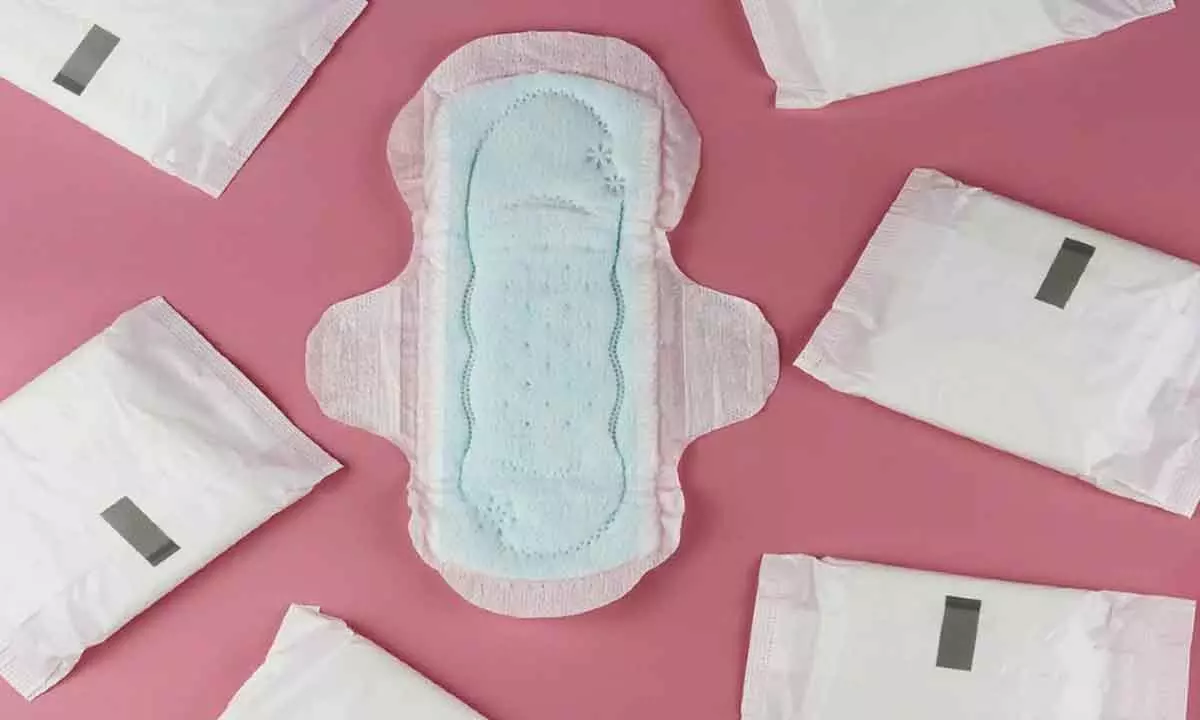Study Reveals, Menstrual Hygiene Products, might cause Cancer Infertility

Sanitary pad is in the contact with the vagina of the woman, at all times during menstruation, the female body has the potential to absorb these chemicals.
In India, Sanitary pads, are most commonly used products by women who have access to menstrual hygiene products. While sanitary pads have often been criticized for being a scourge on the environment, this study might reveal that they may have serious health implications too.
In India, Sanitary pads, are most commonly used products by women who have access to menstrual hygiene products. While sanitary pads have often been criticized for being a scourge on the environment, this study might reveal that they may have serious health implications too.
As per the recent study conducted by a Non-Government Organisation (NGO), few of the chemicals present in a sanitary pad, can be severely harmful and might cause increase the risk of cancer and infertility in a woman.
The study was conducted by an NGO named Toxic Links has revealed that the most commonly sold sanitary pads include toxic chemicals like carcinogens, reproductive toxins, endocrine disruptors and allergens, which can be extremely harmful to health.
Toxin Links, study was conducted on 10 sanitary pad brands, which are most commonly available across India, it has got traces of phthalates and volatile organic compounds (VOCs) found in almost entire samples.
As per the study, both these chemicals have the potential to cause cancer. Further, the concentration of these chemicals in sanitary pads was found to be around 3 times higher than the European regulations for menstrual products.
Since the sanitary pad is in the contact with the vagina of the woman, at all times during menstruation, the female body has the potential to absorb these chemicals.
Toxic Links NGO stated, as a mucous membrane, the vagina can secrete and absorb chemicals at a higher rate than the skin.
Almost three out of four teenage girls in India rely on sanitary pads during their periods. A report by the National Family Health Survey revealed that around 64% of women aged 15 to 24 in India use sanitary pads, which makes this is an alarming study.
Numerous environment organizations have been urging people to drop the usage of sanitary pads since they contain chemicals and non-biodegradable materials, which take lot of time to break down and cause harm to the environment.









